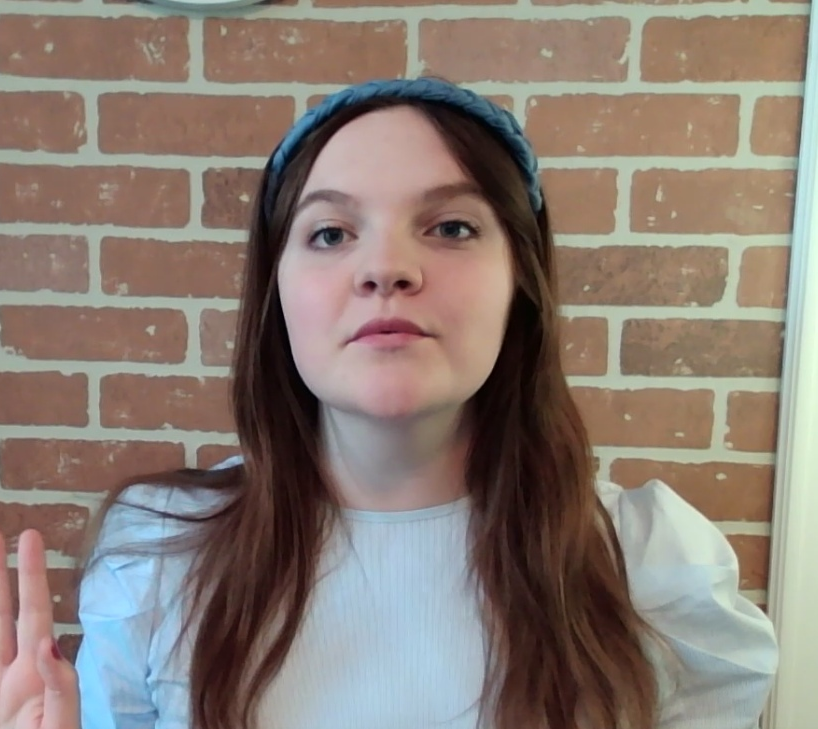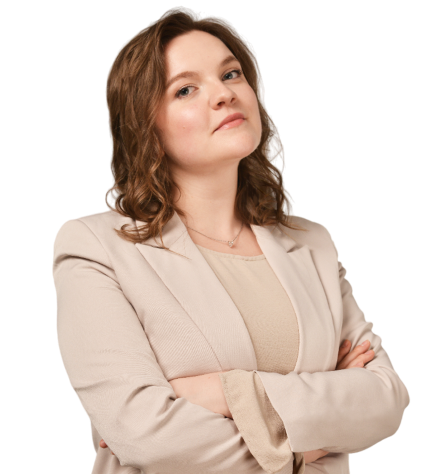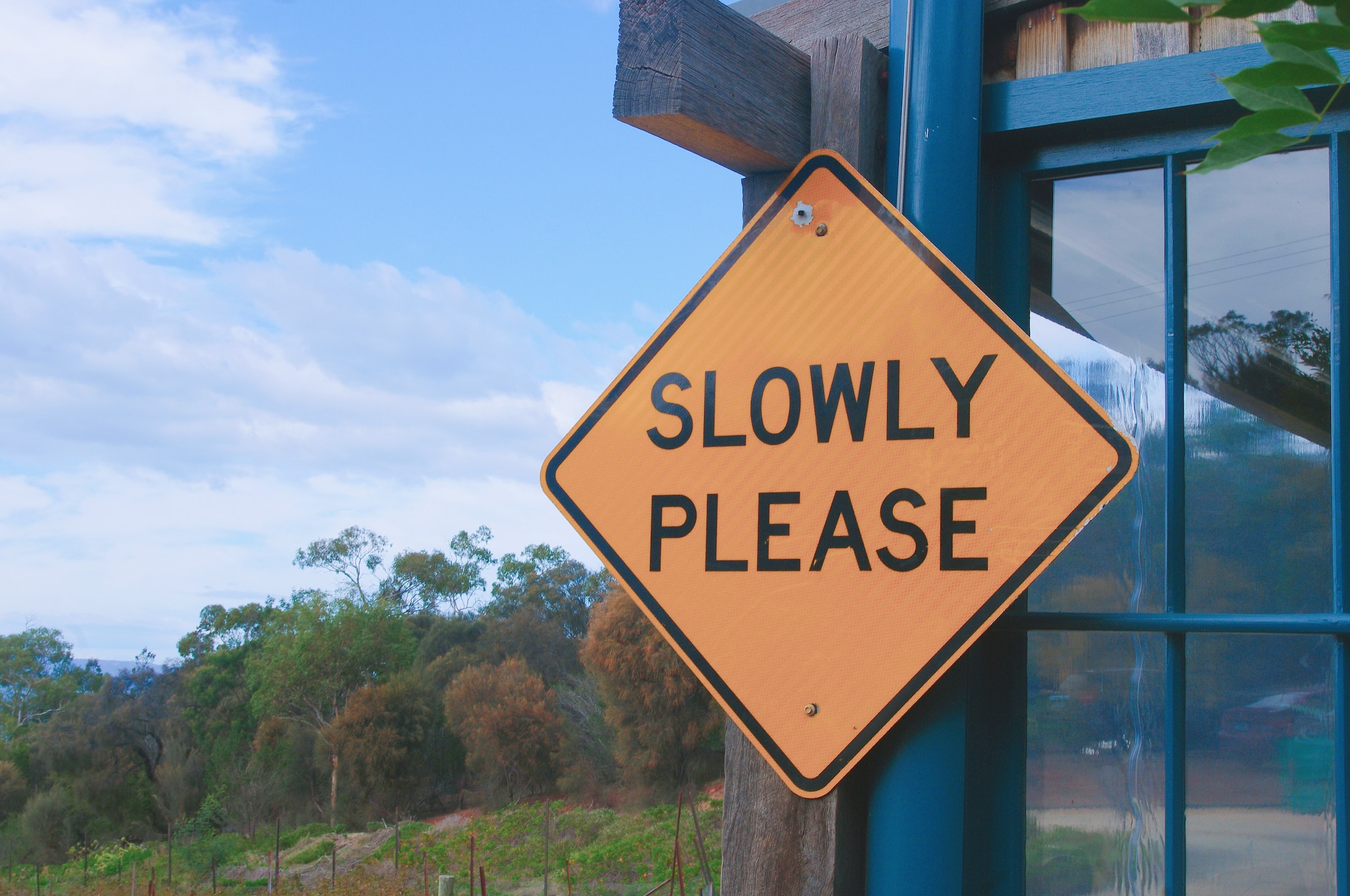Question formation is one of the most difficult grammar topics for English learners. Indeed, it is quite hard to form questions, if you do not know all question types and the differences between them. That is why we have prepared this article for you finally to make it all clear!
Let us divide all English questions in groups. In common, there are 5 of them:
- General questions
- Special questions
- “Who/What” questions
- Alternative questions
- Tag questions
First of all, we will talk about “General questions”, they are also named “Yes/No” questions. As you can see from their name, to answer them, you should say “yes” or “no”, for example: “ - Do you like pop music? - Yes, I do”. The question in the example starts with the verb “Do”. And here is the main rule: general questions always start with a verb! So, to form it in different tenses, you should change the places of a verb and a subject (e.g. He is smart. Is he smart?) or use appropriate auxiliary verb at the beginning of a sentence (e.g. We like this restaurant. Do we like this restaurant?).
Second question type is “Special questions”. As you might guess, to answer them, you need to say some specific information, you can not answer “yes/no” on a special question. Such questions start with a question word (e.g. who, what, why, where, when, how, etc.), for example: “ - Why do you like pop music? - I like it, because it makes me dance!”. But there is one important nuance. In common, the structure of a special question is the following: “Question Word + Auxiliary Verb + Subject + Main Verb + Complement?”. But if the main verb is “to be” or a modal verb (can, may, must, etc.), we do not need an auxiliary verb, and the scheme will be like this: “Question Word + To be/Modal Verb + Subject + Complement?”. For example: “ - Why is pop music so popular? - It is so popular, because it sounds good”.
The next question type is “Who/What” questions. Such questions start with “what/who” and are about the subject, for example: “ - Who likes pop music? (There is no subject, we are asking about it) - Bill likes pop music”. So, we do not need auxiliary verbs to build this question, just write “who/what” instead of a subject, like here: “ - Someone is showing off! - Who is showing off?”.
The fourth type is “Alternative questions”. To answer such a question we need to choose between two things mentioned in the question, for instance: “Do you prefer tea or coffee? - I prefer tea”. The structure of this question will be the following: “Auxiliary Verb/Modal Verb + Subject + Main Verb + … or … ?”.
And the last type is “Tag Questions”. In general, this question consists of two parts, where the first part is a positive or negative sentence, then comes a comma and after it goes verb + pronoun. For example: “You are here, aren’t you? He didn’t like it, did he?”. If the first part is positive, the second is negative, and if the first part is negative, the second is positive. We use such questions to confirm something or to express some emotion. There is a separate article about English tag questions, which you can read to check this topic in a more detailed way.
Finally, we have learnt about all five types of English questions: general, specific, alternative, “what/who” questions and tag questions. We hope that this article helped you to make it all clear, and for your convenience there is Table 1 with all types of English questions!
Table 1. 5 types of English questions
| Question type | Structure | Example |
| General |
Auxiliary Verb/ Modal Verb + Subject + Main verb + Complement? |
Do you stay at home? |
| Special |
Question Word + Auxiliary Verb + Subject + Main Verb + Complement? |
Where do you go now? |
| “Who/What” question |
Who/What + Main Verb + Complement? |
Who is at home? |
| Alternative |
Auxiliary Verb/ Modal Verb + Subject + Main Verb + … or … ? |
Do you stay at home or at work? |
| Tag question |
Subject + Main Verb + Complement, Verb + Pronoun? |
You are at home, aren’t you? |










Comments (0)